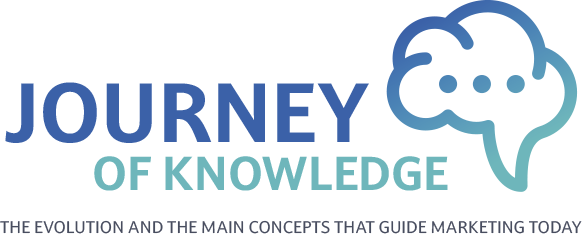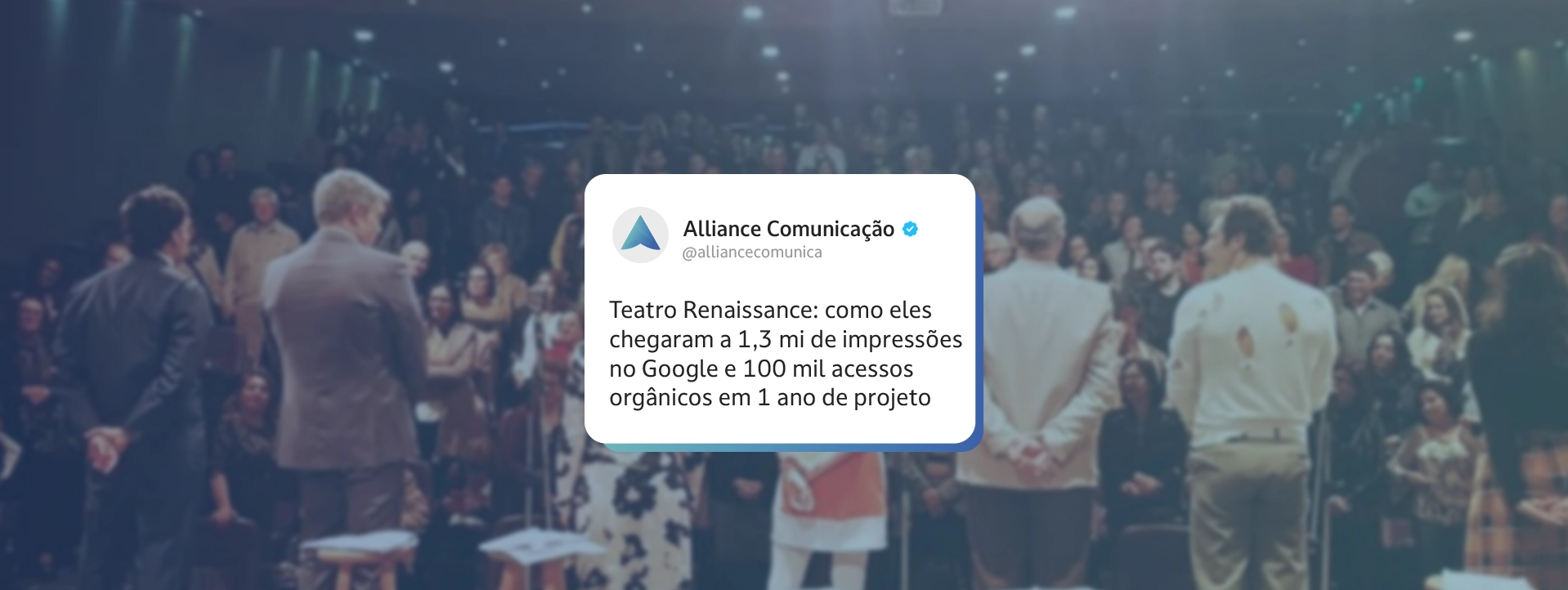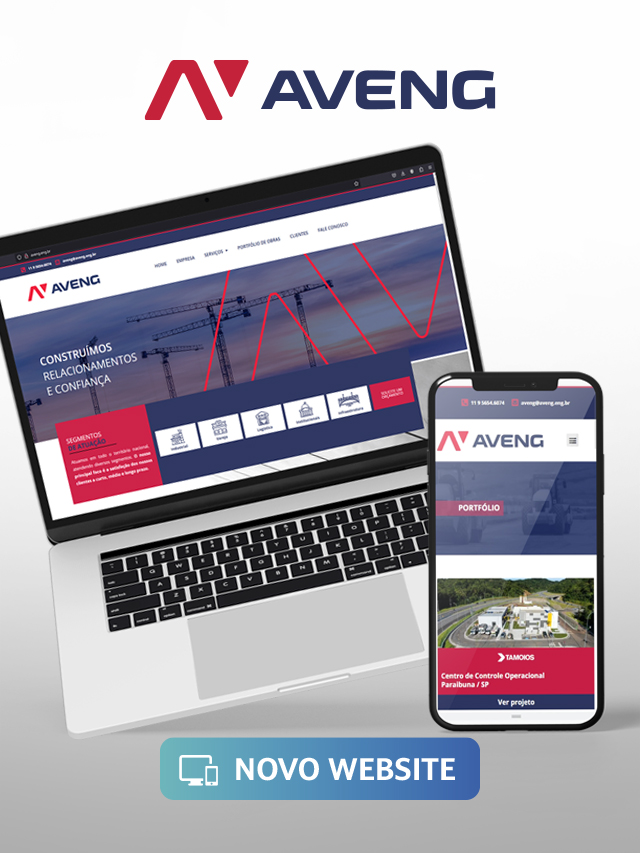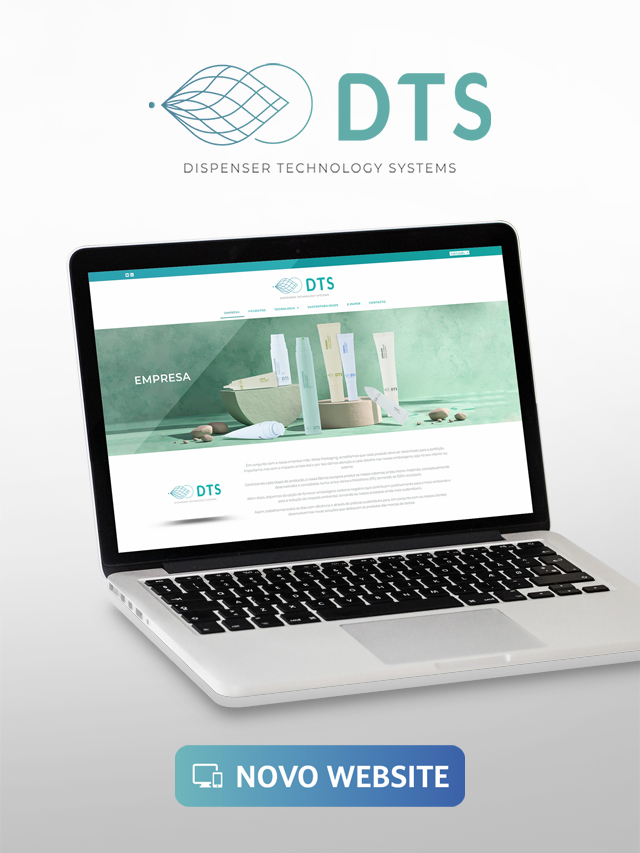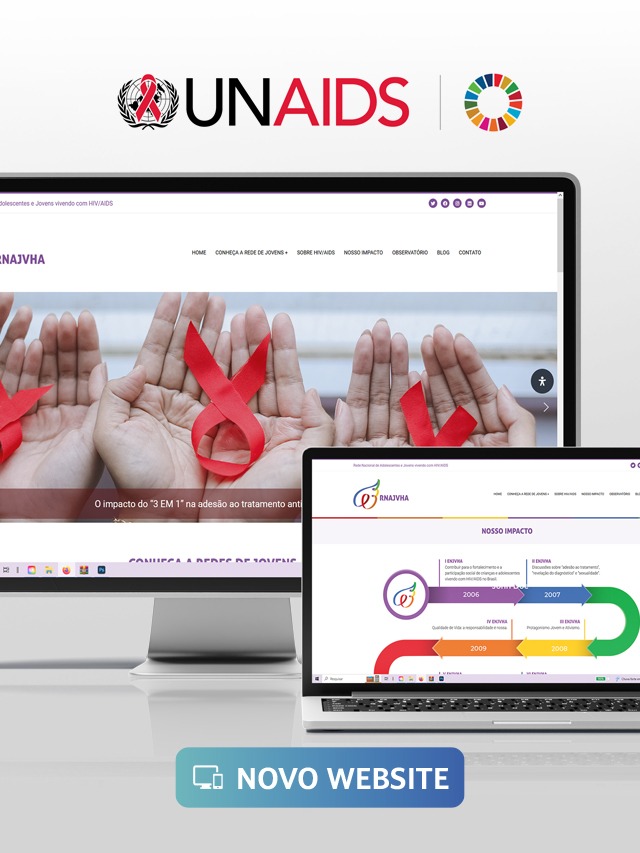To strengthen the presence of a brand in the digital environment, it is essential to know how to analyze whether the chosen actions bring positive results for the business. To make this measurement, it is necessary to know the difference between metric and KPI. Confusing these two concepts can be harmful when making decisions and delivering results.
Read too: Learn how to use organic traffic to drive hits to your website
One of the advantages of digital marketing over traditional marketing is that everything can be accurately measured to guide decisions and insights.
Metrics are measurement systems that calculate behaviors, trends or business variables. It is simple and generic information that is important to monitor the results and be clear about the actions to be taken. In this way, it is possible to know how users interact with the site, for example.
On the other hand, KPIS are indicators generated through metrics. Through them, it is possible to analyze whether an action or set of initiatives are generating results for the achievement of a company's goals. These performance indicators make the institution's objectives clearer and fully measurable, making it possible to clearly monitor goals.
What is the difference between metric and KPI?
Read too: The importance of OHH media for companies
KPIS are important indicators for understanding the level of success of a business and are directly linked to performance, focusing on the company's strategy and goals. Metrics, on the other hand, are information that are not necessarily linked to the company's objectives, it is just something that can be measured.
- Number of leads and number of conversions are examples of metrics.
- Acquisition cost per lead and conversion rate and sales are examples of KPI.




